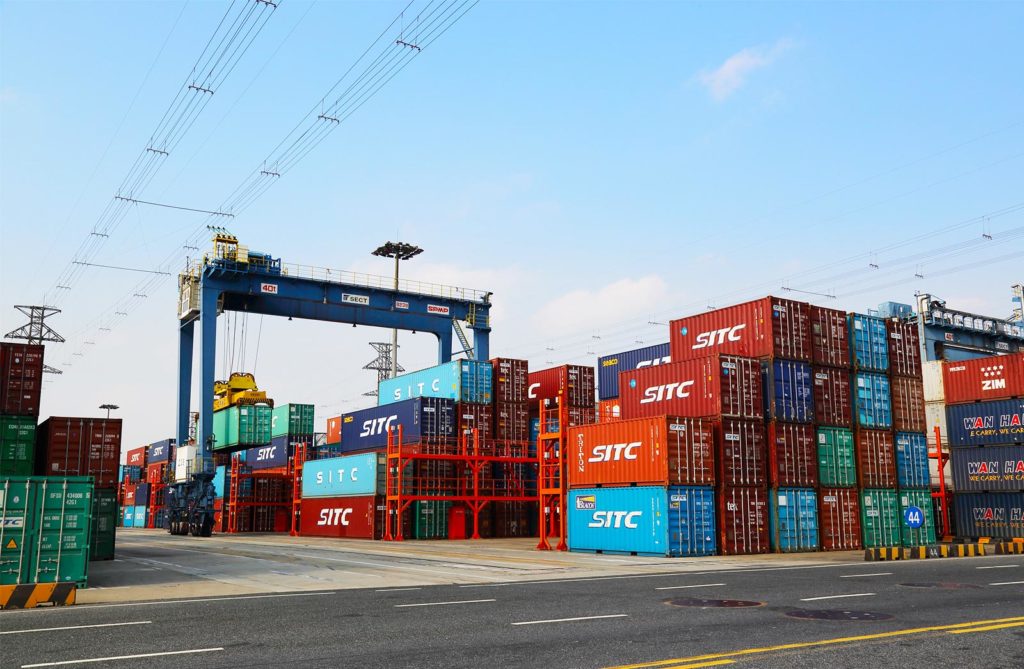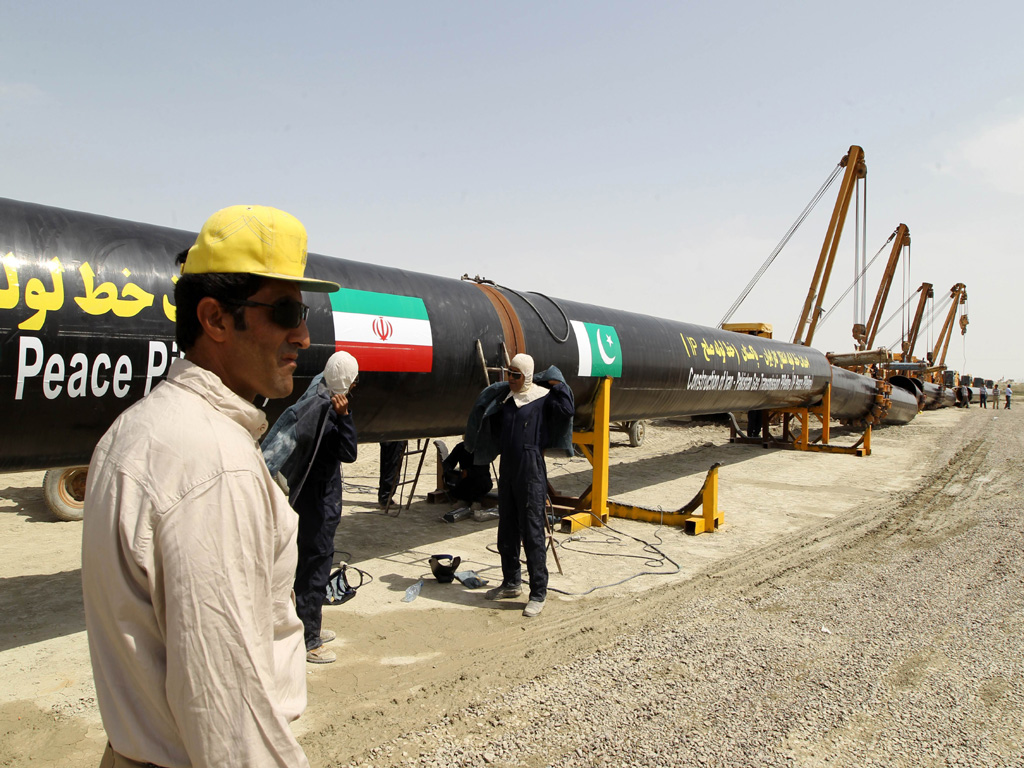Context
What did Putin Invade Ukraine?
Many interpretations have come to the fore on why Putin invaded Ukraine on February 22. One of the recurring ones is the ever-expanding NATO presence in Eastern Europe, which was now about to include Ukraine itself, right on the Russian border. Russia has often cited the unwritten understanding that came about at the time when Soviet Union was getting dissolved from 1989-1991 suggesting NATO will not expand further. The cessation of Soviet Union eliminated the reason for NATO to expand in what Russia considers it to be its traditional sphere of influence, also known as its ‘Near Abroad’. US has denied that any such understanding existed.
On the other hand, Western scholars have long maintained that Putin aspires to revive the union of former Soviet republics and the invasion of Ukraine may be another step along that path. Previously, he occupied Georgian states of Abkhazia and South Ossetia after the Russo-Georgian War of 2008. Had it not been due to the intervention of France to negotiate the truce, and subsequent US financial support in which then Senator Joe Biden played a key role, Georgia may very well had lost its sovereignty. Many believe that what happened in 2008, and the lame Western response, emboldened Putin.
Then came the Russian annexation of Crimea in 2014. It occurred soon after President Victor Yanukovych fled to Russia and the new acting Ukrainian president pledged to move closer to Europe by signing the association agreement of the European Union. At the time Putin claimed Russia wants to ensure proper conditions for the people of Crimea, 60 percent of which were of Russian ethnicity, to freely express their views.
Whatever the reason for the present offensive on Ukraine i.e., NATO’s expansion in Russian Near Abroad or Putin’s desire to revive the Soviet Union, the timing of his move is deliberate.
His decision to move into Ukraine is likely based on a sense of Western weakness. The manner in which the US withdrew from Afghanistan, the economic situation resulting from Corona pandemic, and the status of European cohesion, are all likely playing a part in his decision. Perhaps the most critical aspect of his calculation is the future of American domestic politics and the Trump phenomenon. US has accused Russia of meddling in American elections through social media and by launching cyber-attacks.
Why the West has to React?
From an American perspective, while there may have been reasons to not counter Russia aggressively previously, in the case of Ukraine that is not the case. Short of sending troops to Ukraine, all other options are being evaluated.
While Russia and China alone do not pose a serious threat to the US and the Western political system, put together they are formidable adversaries. Since 9/11 US has been engaged in one conflict after the other, and this has provided an opportunity for Russia and China to grow their military and economic wherewithal. US simply cannot allow them to build a stronger military alliance.

Moreover, US depends on Europe for its global power projection. A growing concern recently has been the dependability on NATO and other allies to counter threats emanating from global adversaries – such as China and Russia. European nations and other allies have increasingly been seen dealing with both building trade and military relations with China and Russia at the expense of the US. For example:
• Under US pressure, UK banned Huawei from developing the 5G networks in 2020 due to security concerns, resulting in strong criticism from Chinese officials. Huawei had been operation in UK for at least 20 years and was an integral part of its 4G network.
• In 2015, France backed away from selling two high tech Mistral warships to Russia, a deal worth $1.6 billion, reportedly due to Russian annexation of Crimea in 2014. The deal was highly criticized by the US since France is a NATO member and supplying of the ship would have augmented Russian military capabilities.
• Then there is the controversial Nord Stream 2 Gas Pipeline that goes from Russia to Germany. The Merkel government averted sanctions and reached a deal with the Biden Administration in July last year. The agreement involved investing more than 200 million Euros in energy security of Ukraine and sustainable energy across Europe. US-Germany ties were strained considerably when the Trump administration decided to pull out 9,500 US troops based in Germany.
• NATO member, Turkey, bought S-400 missile defense system from Russia in 2017. This resulted in Countering American Adversaries through Sanctions Act (CAASTA) kicking in, claiming the deal would threaten the NATO alliance and F-35 fighter jets in Turkish fleet. Enacted in 2017, CAASTA urged American allies and partners to not engage in transactions with Russia, Iran, and North Korea or risk sanctions. This has also prevented Pakistan from moving forward with the Iran-Pakistan Gas Pipeline Project.
• Another American ally, India, has also acquired the S-400 air defense system at the cost of $5 billion but so far US has not been highly critical.

• In December 2019, US gave a waiver to India to jointly develop the Chahbahar Port with Iran, which is seen as a counter to Pakistan’s Gwadar Port being erected with Chinese investment. While the US strategic partnership with India has been evolving, the nation has remained reluctant in talking a stronger role against China. Not only that, India is also ironically a full member of Shanghai Cooperation Organization (SCO). And thus, serious questions continue to be raised about the efficacy of the QUAD alliance in which India is a member as well.
• As part of BRI, China has been extending its trade relations with Israel and US objected strongly to some of them citing security concerns such as the Chinese company Shanghai International Port Group (SIPG) running a container terminal at the Port of Haifa. The terminal is located near an Israeli naval base that is frequently visited by the US Sixth Fleet.
China, Russia Alliance – Sanctions and Soft Power
Due to events related to the War against Extremism, American perception and Soft Power has suffered in different parts of the world, which has also been exploited by China and Russia. China has projected its Belt and Road initiative as a win-win as it takes on large infrastructure projects in many nations.
For example, in addition to the China-Pakistan Economic Corridor (CPEC), China and Iran have signed a $400 billion 25 year economic and security deal that would lead to enhanced military and trade relations. The agreement ensures Chinese investment in Iranian telecommunication, transportation, and military fields. The military cooperation includes exercises, intelligence sharing, and joint research and development of weapons. China will also procure its energy needs from Iran on discounted price for over next 25 years.
The question has remained how will China implement the deal while sanctions on Iran remain which have also delayed the much-needed Iran-Pakistan Gas Pipeline Project (IPI). In addition to CAASTA, the new sanctions on Russia will further complicate the China-Russia strategic cooperation.
As negotiations continue on the revived Iran nuclear deal, China could emerge as the big beneficiary if the Iran nuclear deal is reached, which US had left during the Trump administration. But then, Russian Foreign Minister Sergei Lavrov claimed that he has received ‘written guarantees’ from US that Ukraine sanctions will not restrict Russian participation in nuclear projects and trade under the revived nuclear agreement with Iran. It was only after this assurance that Russia dropped its last-minute objections to the deal.
The Russian invasion of Ukraine has provided an opportunity to the US to recover the Soft Power reserves, reinvigorate the NATO alliance, and by using sanctions undercut the growing strategic China-Russia alliance.

Emerging Scenarios
As the Ukrainian situation evolves a couple of possibilities are emerging. One of them is for negotiations between Ukrainian and Russian officials to succeed, with Ukraine declaring neutrality and foregoing its aspirations to join NATO. After all there are several other nations that have been in the neutral status just to avoid the type of situation Ukraine now finds itself in. These nations include Austria, Switzerland, Finland, Sweden, and Ireland.
The second scenario is more dreadful and involves Russia getting bogged down in Ukraine, as NATO nations supply sophisticated weaponry to Ukraine leading to increasing losses for Russia. In this scenario, as Russia faces the brunt of sanctions, it reaches out to its strategic partner China for economic and military assistance. According to media reports Russia may have already done this. Talking to a news conference on March 23, NATO Secretary General Stoltenberg stated, “China has provided Russia with political support, including by spreading blatant lies and misinformation.” He added there is concern that this could shift to material support. Earlier, US officials threatened China that there will consequences for any Chinese military and economic support to Russia.
One of the benefits of the Ukraine crisis for China has been the shift of US focus away from the Pacific. However, if Russia is weakened in the crisis, it represents a strategic loss for China in the long run. In the grand scheme of affairs, Russia could keep Europe busy, if the things take a turn for the worse in the Pacific. But then, why should China face sanctions for what Russia has done. After all, China believes in non-intervention and respect for state sovereignty.




